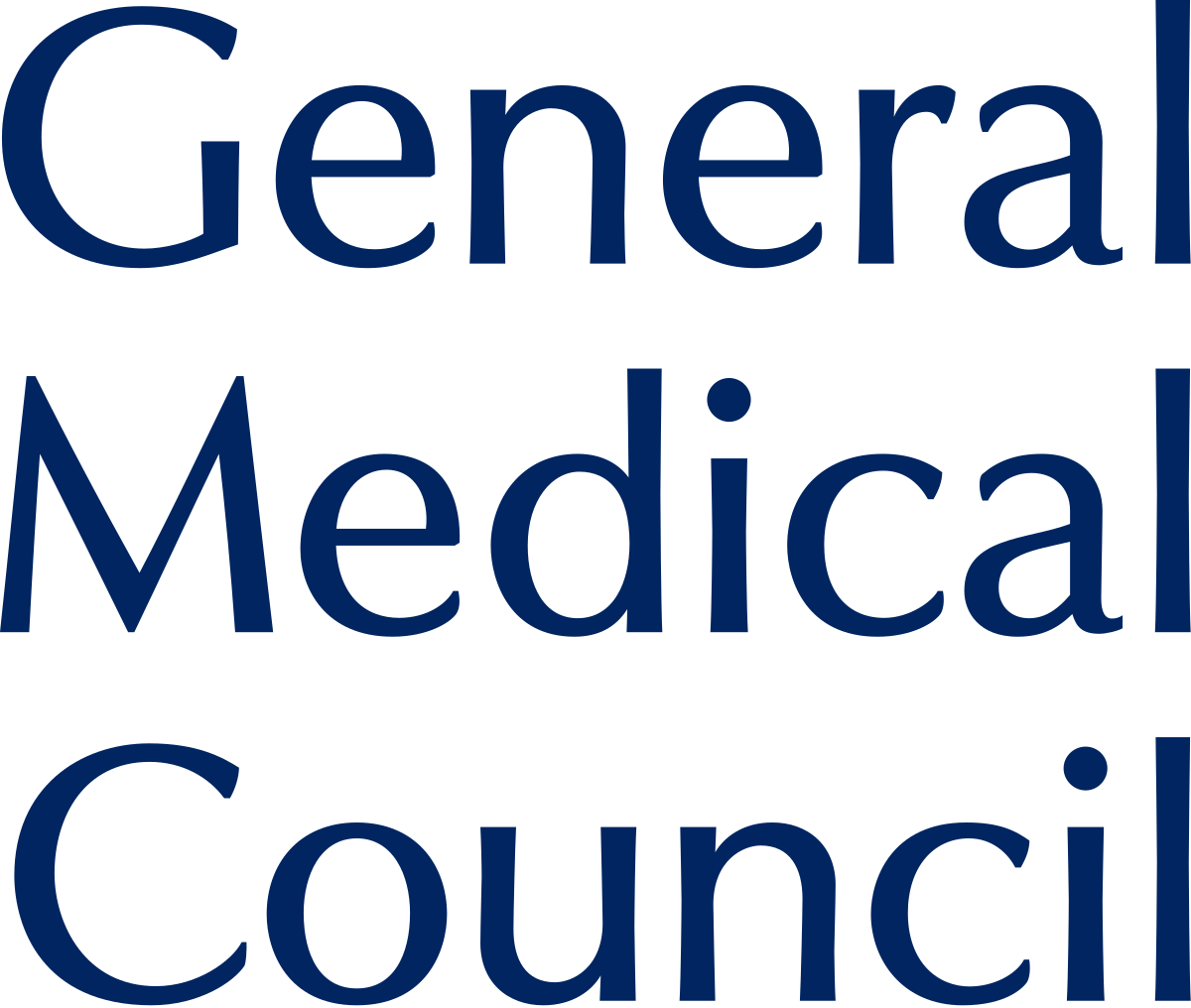Labiaplasty
A labiaplasty is a procedure that aims to restore the youthful appearance of the labia minora
What is labiaplasty treatment?
A labiaplasty is a procedure that aims to restore the youthful appearance of the labia minora (inner skin folds around the vaginal opening) by excising the excess tissue.
With age and following childbirth, the labia minora can become stretched and saggy, which is also seen in young women who have not given birth. It is important to note that having pronounced skin folds around the vaginal opening is normal. More women choose this procedure as they become more aware of the options that are available. Women who opt for a labiaplasty are often self-conscious about the appearance of their labia, have self-esteem issues and low confidence in their relationships, having difficulties in their choice of clothing and often suffer from pain and chafing.
Am I a good candidate for labiaplasty?
Labiaplasty candidates should be in good health and have no medical issues which could present a risk. They should be over the age of 18 and have a clear idea of why they want to undergo a labiaplasty, and what can be achieved by the procedure.
During the consultation, Mr Chummun will take a full medical history and assess if you are suitable for this type of surgery. He will discuss the type of surgery that is most appropriate for you and the risks that are involved.
During the surgery
Recovery from labiaplasty
It is normal for patients to take a week off work after undergoing labiaplasty treatment. During this time period, swelling and pain can be reduced by taking regular painkillers. You will need to wear a pad to catch any drops of blood that may leak as the sutures come out.
You will typically be advised to stop having sexual intercourse during the first four to six weeks of the recovery period. You are also usually advised to avoid wearing tampons during this time. You are also advised to avoid any strenuous exercise for the first six weeks. Most visible swelling is usually gone after six weeks of recovery, but residual swelling may take as long as six months to subside.
Get in touch
If you have any queries or would like to book an appointment, please use the contact form or get in touch via call or email.








